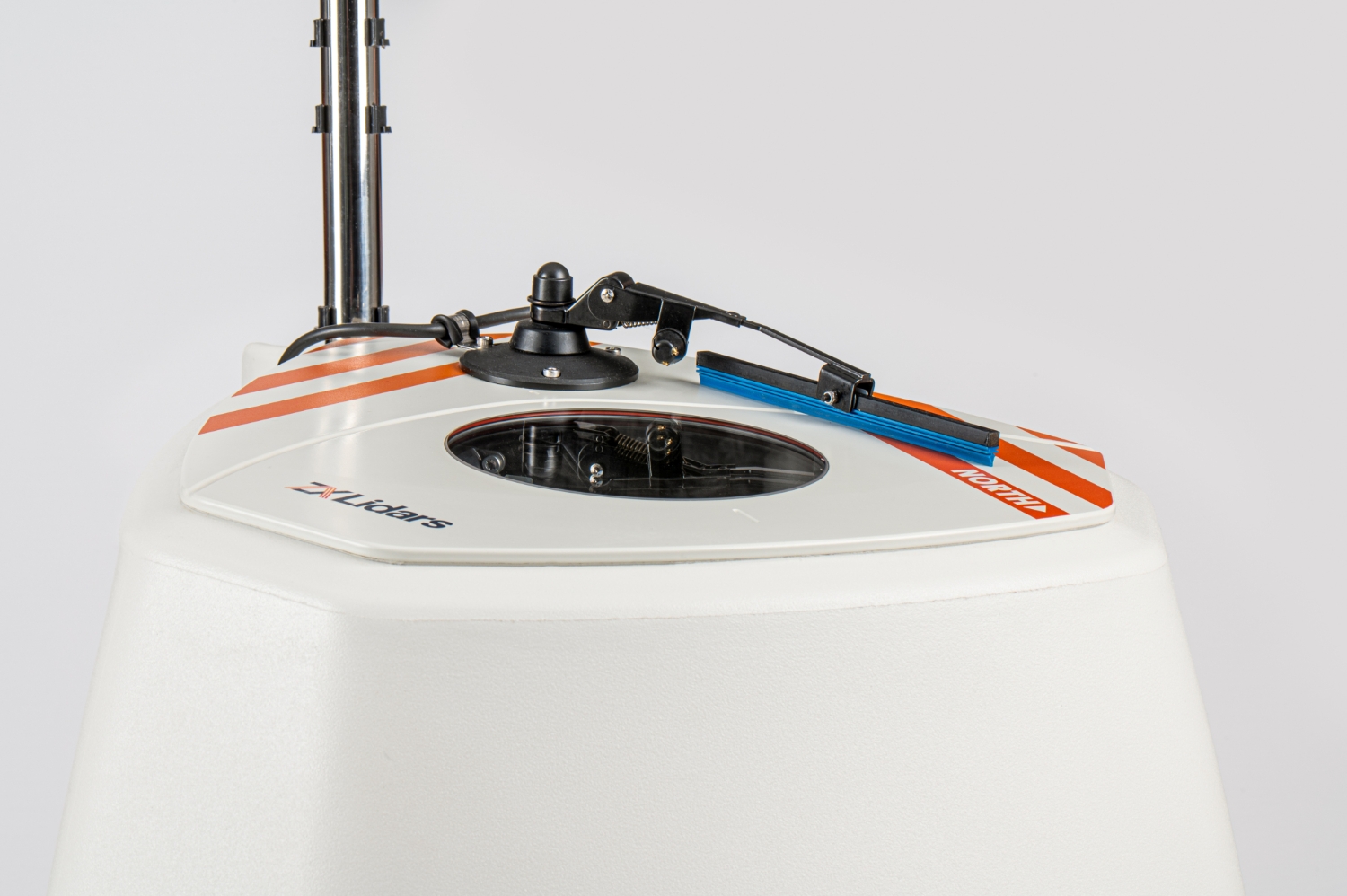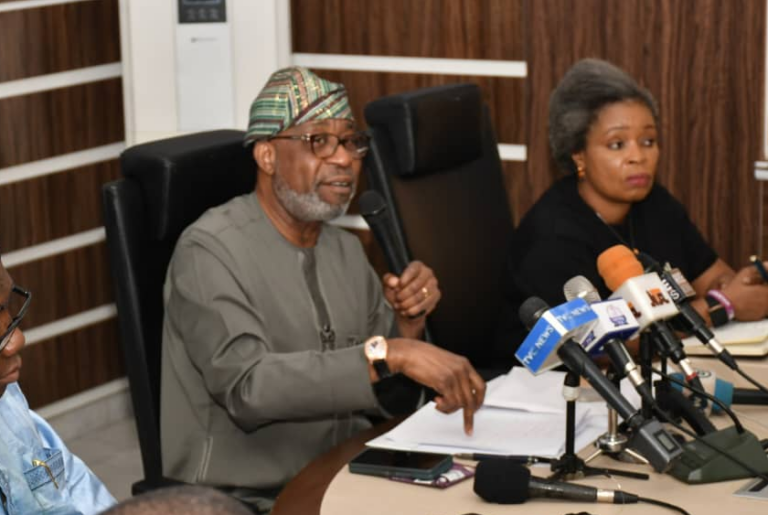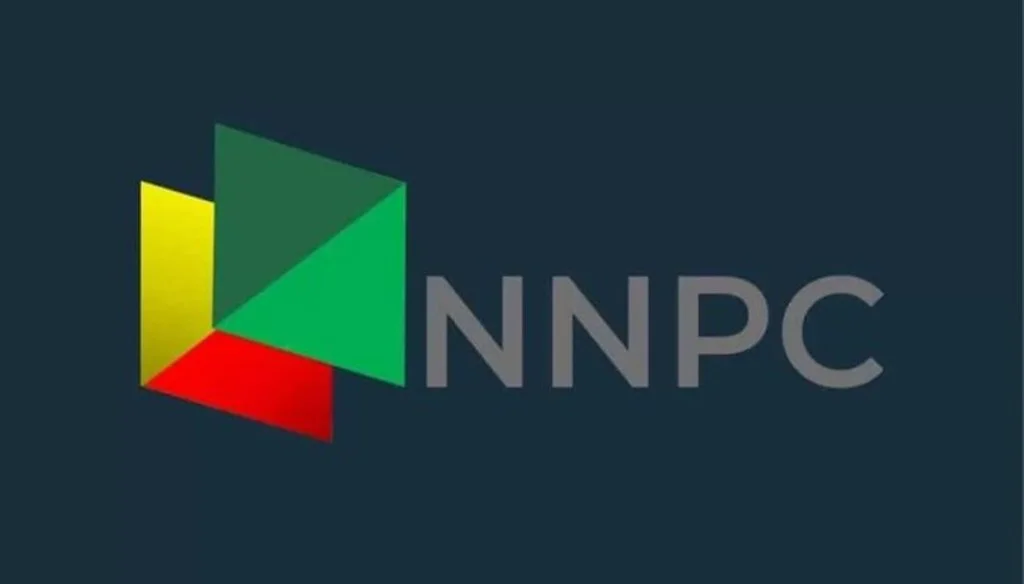Royal Dutch Shell Plc will pay its entire dividend in cash for the first time in more than two years as Europe’s biggest oil company seeks to demonstrate it has left the worst of the crude slump behind.
From this quarter, Shell will no longer offer shareholders the option to take the payout in stock, it said Tuesday. The company paid about $16 billion in dividends in the past year, of which about $4 billion was in shares. It also reiterated plans to buy back at least $25 billion of stock by 2020, subject to further debt reductions and a continued recovery in oil prices.
Following sweeping cost cuts, the world’s biggest oil producers, including Shell, Exxon Mobil Corp. and BP Plc, have increased profit this year, reduced debt and covered their dividend with cash from operations even with oil at $50/bbl. Last month, BP gave the boldest signal yet that the industry had emerged from the downturn, announcing that it would buy back shares for the first time in three years.
The steps announced by Shell on Tuesday “aim to ensure that our company can continue to thrive, not just in the short and medium term but for many decades to come,” CEO Ben van Beurden said in a statement. Shell’s A shares rose 3.2% to 2,389.5 pence at 11:05 a.m. in London, the best performance on the UK’s benchmark FTSE 100 index and the biggest intraday gain in three weeks.
Shell also boosted its guidance for free cash flow to $25 billion to $30 billion by 2020 with oil at $60/bbl, from an earlier outlook of $20 billion to $25 billion. It has completed or announced $25 billion of divestments since 2016 and a further $5 billion are in “advanced progress,” according to the company, which plans to sell an average of $5 billion of assets a year in 2019 and 2020.
Shell’s “strategy update shows an encouraging increase in future cash flows,” said Simon Gergel, chief investment officer of UK equities at Allianz Global Investors, which owns Shell shares. The decision to stop the so-called scrip dividend is welcome as it “reflects their improving cash-generation profile,” he said.
The Anglo-Dutch company first introduced the scrip payout in 2010 and maintained it until the second quarter of 2014, while buying back shares at the same time to prevent a flood of stock on to the market. The repurchases stopped in January 2015 and the scrip was introduced again a few months later, helping the company preserve cash as it announced its $54-billion acquisition of BG Group Plc.
Source: World Oil
September 27, 2025








vdsnba